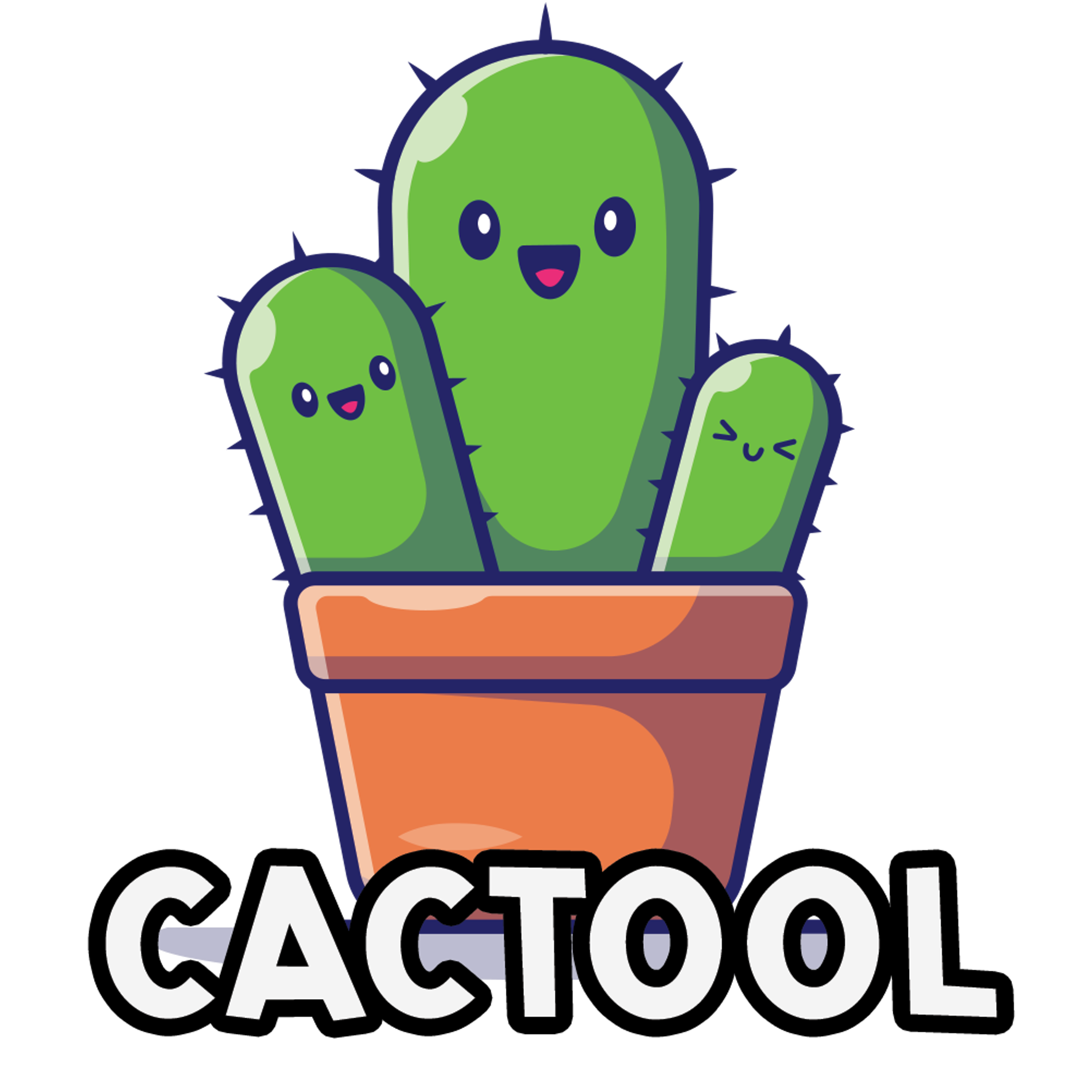Cactool

Cactool is an easy way to collaboratively code social media posts and visual media for manual content and discourse analysis
Cactool
Introduction
Cactool is a platform for easy human-coding of social media content for content analysis. It was designed from the bottom up for researchers who want to code social media content, but don’t need the analytical tools of other platforms – with easy import and exporting of data.
The platform easily lets you contextually analyse a list of social media posts in their native form. Simply import a CSV that contains a list of social media posts (such as collected through NodeXL or other scraping services); another to set your questions; and optionally set user logins, and the platform will do the rest – proving you with an easy to use human-coding platform.
Why Cactool
Cactool was deigned after one of the creators grew frustrated with how content analysis of social media content was being undertaken. Traditionally, content was collected from Twitter or other formats, scraped, then placed into an Excel spreadsheet for manual coding of the tweets texts. This was obviously frustrating for those wishing to collect and analyse visual data. In addition, such an approach decontextualised the content, removing the content from the styling of the platform.
Cactool was designed to get around some of these limitations, while offering researchers a free alternative to expensive commercial products.
Features
- No more coding via spreadsheets: Coding via your browser (tested working on Chrome, Firefox, Edge, & Safari) with posts visible as they would be on the social media platform. This allows your coders to evaluate social media content in their native format.
- Simple Import and Export: Take your pre-existing social media URLs from software such as 4Cat, NodeXL, or API Scrapers such as Tweepy and import them as a CSV list. When done, you can export your data via CSV to whatever analysis software you desire (such as SPSS/Excel).
- Importing of image/text data: Have data from secondary source with no URLs? No Problem.
- Manage Multiple Datasets: Want to split your project by source/themes? You can manage multiple concurrent datasets at the same time.
- Built for collaboration: Cactool comes pre-packaged with user management; codes attributed are attributed to each coder for coder reliability calculation (such as ReCal). Multiple people can be coding at the same time without sharing documents. No need to worry about version control or splitting up data.
- Code on the Go: Cactool is mobile friendly and can be accessed remotely (we recommend using a VPN to connect, see our tutorial for why). This provides researchers interested in social media content and spaciality new avenues of research.
Platform Compatability
Cactool works for across multiple-social media platforms. The following data types are currently supported:
- YouTube
- TikTok
- Mastodon (via OEmbed)
- Image Data (Photos/screenshots)
- Text Strings
- & Some* compatibility with other OEmbed platforms
Images
Credits
The project’s Principle Investigator is Dr Liam McLoughlin, Lecturer in Media & Communication at the University of Liverpool, and development was undertaken by Sam Ezeh
Cactus image created by catalyststuff on Freepik
Funding
Cactool Development was funded by the University of Liverpool’s Research Development and Initiative Fund (RDIF).
